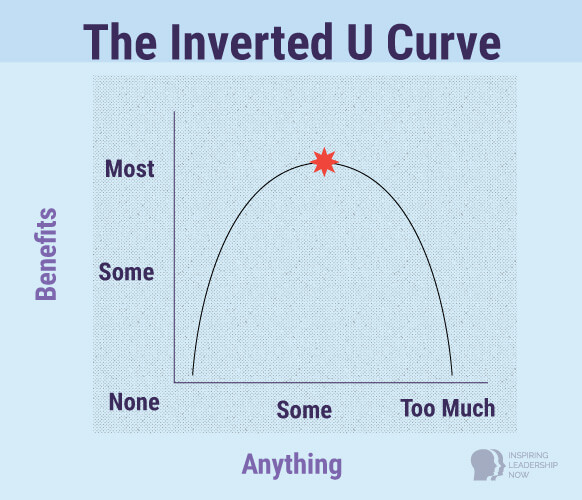
Step back and take a look at the role you perform each day and look for sources of success or purpose. Just because you don’t immediately see the connection with your own job doesn’t mean it doesn't exist. (Plus, those with external motivations had a 10 percent lower chance of sticking with a military career and a 20 percent lower chance of being promoted early.)

What they found was that cadets with primarily internal motives were about 20 percent more likely to make it through training than the average.

In a study of 14 years of data, researchers looked at the motivations and outcomes for more than 10,000 incoming cadets at West Point Military Academy. There is some convincing evidence to encourage us all to identify our sources of intrinsic motivation, though.
#Which is better extrinsic vs intrinsic motivation free
If you find yourself grumbling through your commute each day (to perform a job you’re not crazy about) try focusing on the external rewards - be it the paycheck that pays your rent, the health insurance or even the free fruit in the cafeteria - to get motivated. When you find your inspiration waning, re-focusing on external rewards is a quick way to recommit to a goal or activity, whether that be performing well at work or sticking to an exercise routine. In your career, this can include financial gain, benefits, perks and even avoiding getting fired,” says says Shawna Clark, owner of Clark Executive Coaching, a leadership development company. “Extrinsic motivation is doing something for the external rewards you get from it. Like exercising to lose weight, learning to speak Italian to impress your friends, or getting to work on time to avoid being yelled at by your boss. Having a best friend at work has been shown to increase employee engagement and retention, so encourage employees to get to know their coworkers personally.According to research published in Contemporary Educational Psychology, “Extrinsic motivation is a construct that pertains whenever an activity is done in order to attain some separable outcome.” Give praise publicly and give feedback privately.

Some ways to do that? Get rid of toxic employees: people who bully, gossip, cut corners or otherwise bring down the team. Social Connectedness: To help employees form relationships of mutual respect and trust, focus on creating and enforcing positive social norms (which are much more important to workplace culture than free snacks and napping pods). Have employees practice autonomy and internalize their work by asking them, “How do you see yourself growing here?”, “How does your work tie back to your bigger career goals?”, and “How does the work you do support the company’s broader mission?” By asking your employees to reflect, you help them internalize their work and recognize where they have control. Do what makes sense for your workplace culture. This looks different for every work environment, but facilitating autonomy could be as basic as having an employee choose which projects to work on first, or as sizable as letting employees decide when to work from home. Trust them to be the experts in their role. To help employees grow, find opportunities for training and mentorship so that they can gradually advance and hone their skills.Īutonomy: Let employees have a say in how their work gets done. Social Connectedness: Who can support you with this activity? Is there someone you know who is already doing it? Is there someone who might want to join you in it? Can you meet other people through this activity? Surround yourself with people who can help you make these activities more enjoyable and hence, more intrinsically motivating.Ĭompetence: Can you give employees projects at which they can excel? What are their strengths? Identify what an employee’s strongest assets are and find them projects that allow that strength to shine. That’s the beauty of having you control exactly how YOU think the activity should be done. What works best for you, at this time? You don’t even have to commit to a set schedule. Think about your schedule, your environment. You choose what you do and how you’ll do it. You can always make the activity more challenging, but remember that the long-term strategy is to start with activities that you feel competent doing.Īutonomy: Rather than sticking to an intense training regimen or a restricted diet with lots of rules, come up with the plan yourself.

Competence: What are some things you are good at that would improve your health? Are you a great cook that can make any vegetable taste delicious? Are you a dance machine? Play to your strengths and start small.


 0 kommentar(er)
0 kommentar(er)
